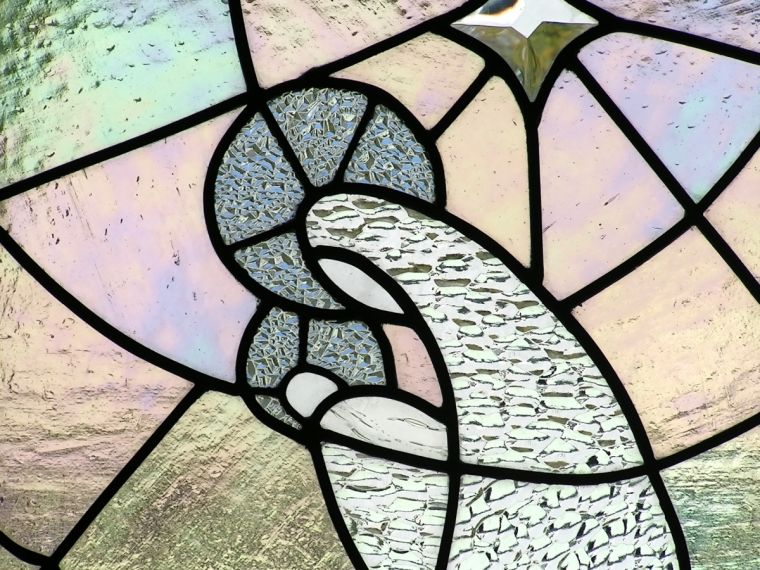Safeguarding not always 'fully integrated' into Church culture, inquiry finds

Church of England dioceses still have many lessons to learn about safeguarding although overall they have good practice, according to the first results of a new auditing process that is underway.
The outcomes of four pilot independent audits into safeguarding arrangements in the CofE were published today and found room for improvement.
The dioceses of Blackburn, Durham, Portsmouth and Salisbury volunteered to be part of a project set up by bishops of the Church of England to audit how well children are being safeguarded.
The Social Care Institute for Excellence, a charity that specialises in safeguarding support, found in Blackburn a "potential weakness" where the "blue file", which catalogues a cleric's past and in effect serves as a reference that the person is suitable to minister, was only received after the cleric was already appointed and sometimes even after they had started work.
However, safeguarding staff had robust procedures to tackle people guilty of child abuse. In one case an offender who insisted he had done nothing wrong and would enter church with his "head held high" was persuaded to consent to an offender agreement and to relinquish all official roles in the church.
In Salisbury, the auditors found "a lack of a clear and explicit diocesan safeguarding strategy, agreed by the bishop and his staff group."
Monitoring of safeguarding in parishes was also "undeveloped". In a survey in 2013, just 109 out of 452 parishes answered the question about having a safeguarding policy, with 70 of those confirming that they did have such a policy.
"The auditors' perception was that safeguarding was not fully integrated into the culture and was not yet seen or experienced as everybody's business," the report says.
There were also suggestions that the focus was sometimes still "more on the needs of the perpetrator rather than the victim".
The report cites one case where senior clergy provided character references to the court about an offender in 2014, even though they had previous convictions. The auditors say in the report: "The victim/s may feel that this is a public demonstration of support to the offender."
The offender had also been attending services in the cathedral without an offender agreement in place.
In Portsmouth, the auditors judged the diocese "was well on the way to having developed a robust safeguarding culture." However, they noted that the Church and other religious groups face "particular challenges" around personal and professional boundaries due to the involvement of staff and clergy families in church activities.
The Bishop of Durham, Paul Butler, lead bishop on safeguarding, said: "These audits are part of our commitment to making the Church a safer place for all, ensuring that all dioceses have the best possible practice in place. I commend the four dioceses, including my own, which came forward to be pilots as it is not easy to be the first under the spotlight. We all have lessons to learn. The audits show how each diocese can improve while also commending good practice that is already in place."











